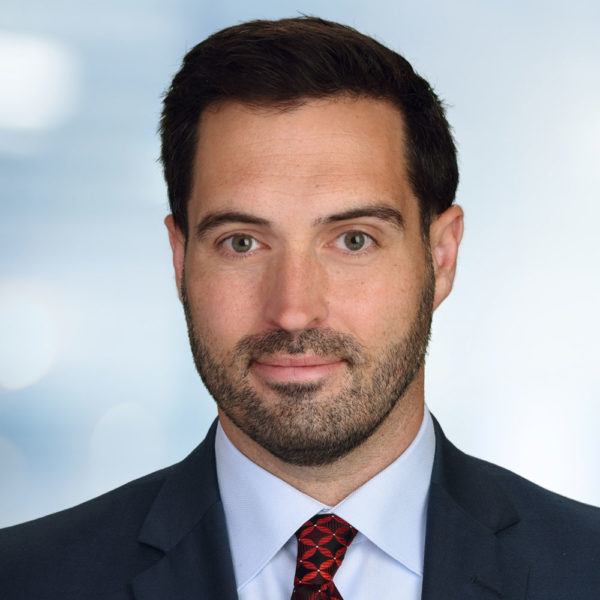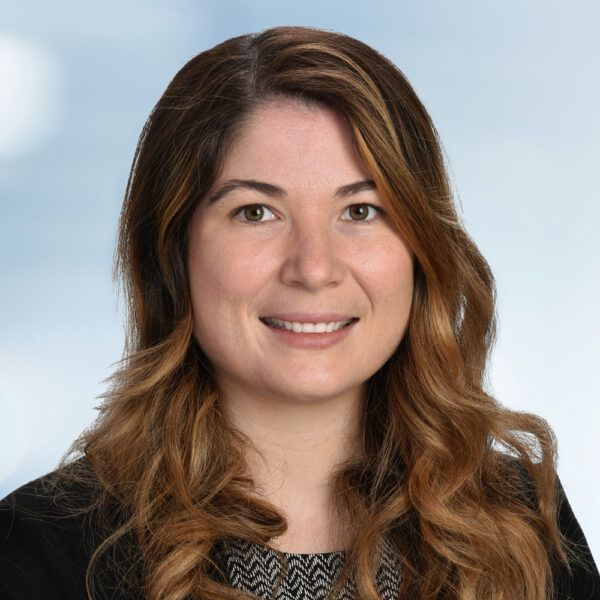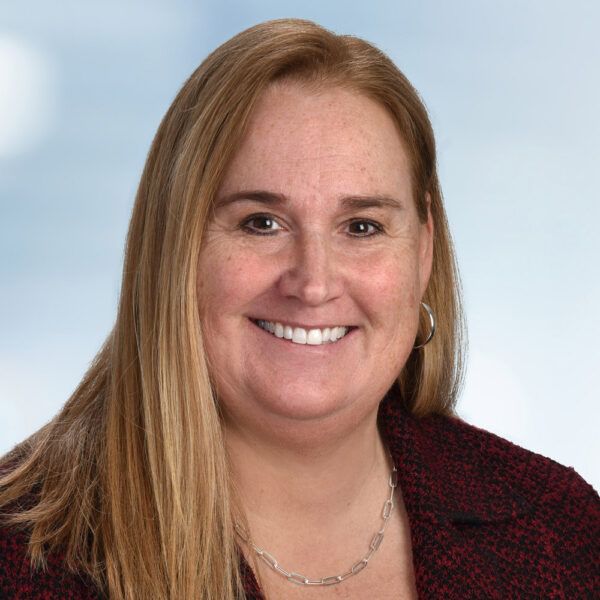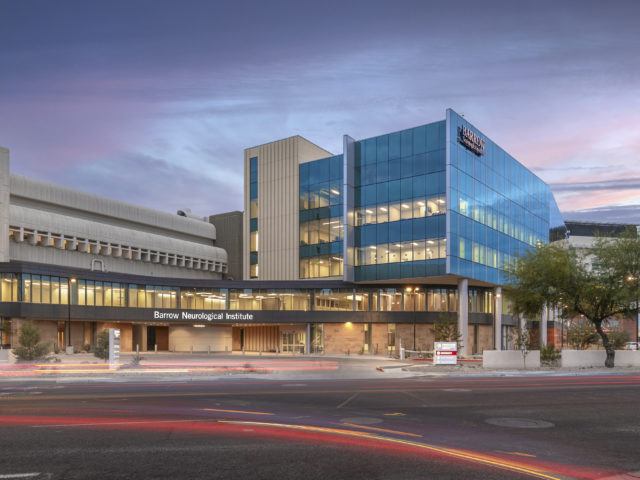
Surgical Neurotology (ENT) Program
At a Glance: Our Surgical Neurotology Program
Discover advanced care at the forefront of ear and skull base surgery with our Surgical Neurotology (ENT) Program. Our experts specialize in the diagnosis and surgical treatment of acoustic neuromas, chronic hearing loss, cholesteatomas, and other disorders affecting the auditory and balance systems. Using state-of-the-art technology and minimally invasive techniques, we deliver precise, personalized care to restore function and improve your quality of life.
We are proud to offer cutting-edge solutions like cochlear implants and bone-anchored hearing devices for patients with severe hearing loss who no longer benefit from traditional hearing aids. From diagnosis to post-operative rehabilitation, our team approach ensures comprehensive support at every stage. Whether managing tumors like acoustic neuromas (vestibular schwannomas) or providing life-changing hearing restoration, our program is dedicated to excellence in outcomes and compassionate care.
The Barrow Difference
Choosing the Barrow Surgical Neurotology Program means choosing to have a comprehensive team of experts partnering with you to answer your questions, ease your fears, and help you regain your sense of hearing. It also means that you will have access to every expert you need on our campus–no coordinating care between multiple specialties, doctor’s offices, and health systems.

Hearing Loss Experts
With specialty training to diagnose and treat diseases and disorders that affect the inner ear and accompanying nerves, it’s safe to say our otolaryngologists and audiologists have seen it all.
Whether your condition is straightforward or complex, our team has the expertise to help you hear the world around you again. We specialize in the treatment of acoustic neuromas (vestibular schwannomas), cholesteatomas, Meniere’s disease, otosclerosis, sudden hearing loss, and all diseases and conditions that cause sudden or chronic hearing loss.

Advanced Treatments, and Experience, for Hearing Loss
Treatment advances in recent decades have profoundly improved the outlook for people with conductive or sensorineural hearing loss. Devices such as cochlear implants, auditory brainstem implants, and bone anchored hearing devices can give you back the sensation of hearing the voice of a loved one or listening to your favorite music.
In 2024, our team completed 138 cochlear implant procedures, making us one of the top 15 programs in the nation.
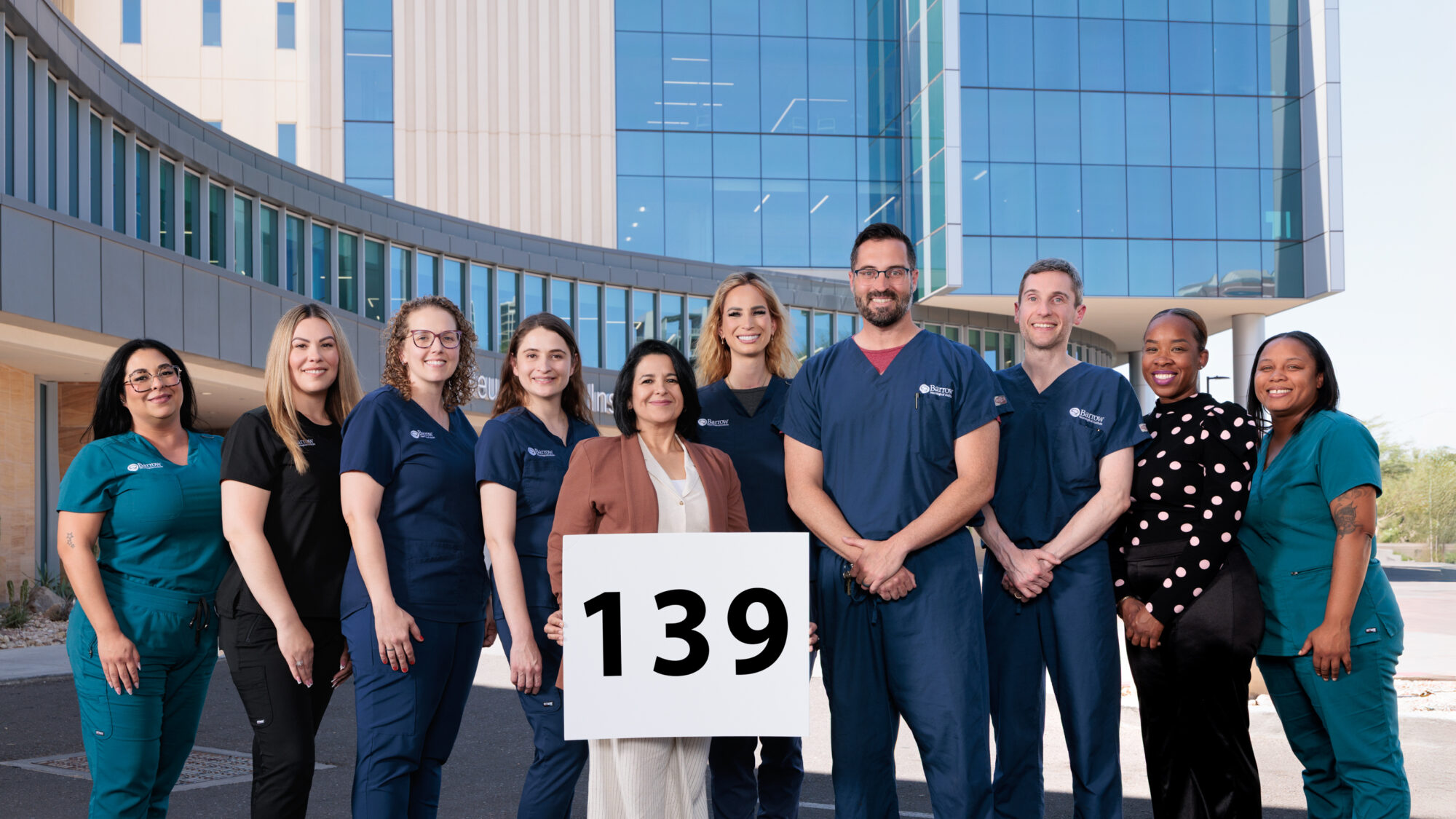
When to See a Doctor for Hearing Loss
Changes in your hearing can be alarming, and you may not know where to turn. You should see a doctor if you experience sudden hearing loss, as it may be a medical emergency.
You should also seek help if your hearing gradually worsens, lasts more than a week, or comes with symptoms like ear pain, dizziness, or ringing. Hearing issues that interfere with daily life—like trouble following conversations or turning up the volume too high—also warrant medical attention.
If you’re unsure, a good starting point is seeing your primary care physician, who may refer you to an audiologist (for hearing tests) or an ENT (ear, nose, and throat specialist) for further evaluation.
What We Treat
Acoustic Neuroma
Cholesteatoma
Chronic Vertigo
Otosclerosis
Perforated Eardrum
Sudden Hearing Loss
Tests, Treatments & Procedures
Auditory Brainstem Implant
Bone Anchored Hearing Devices
Cochlear Implant
Gamma Knife Radiosurgery
Radiation Therapy & Radiosurgery
Skull Base Surgery
Specialists
Location

Videos

Management of Acoustic Neuromas

How a Cochlear Implant Can Help Treat Hearing Loss

The Moreno Twins' Story: Cochlear Implants for Hearing Loss

How A Cochlear Implant Changed My Life

Considering a Cochlear Implant

Fears Related to Hearing Loss

Life-Changing Effects of a Cochlear Implant

What to Expect to Hear With a Cochlear Implant

Common Patient Comments About Hearing Loss

What to Expect on the Day of Cochlear Implant Surgery

Returning to Your Normal Routine after Cochlear Implant Surgery

Concerns of Foreign Devices Implanted in the Body

Minding What Matters Most®


